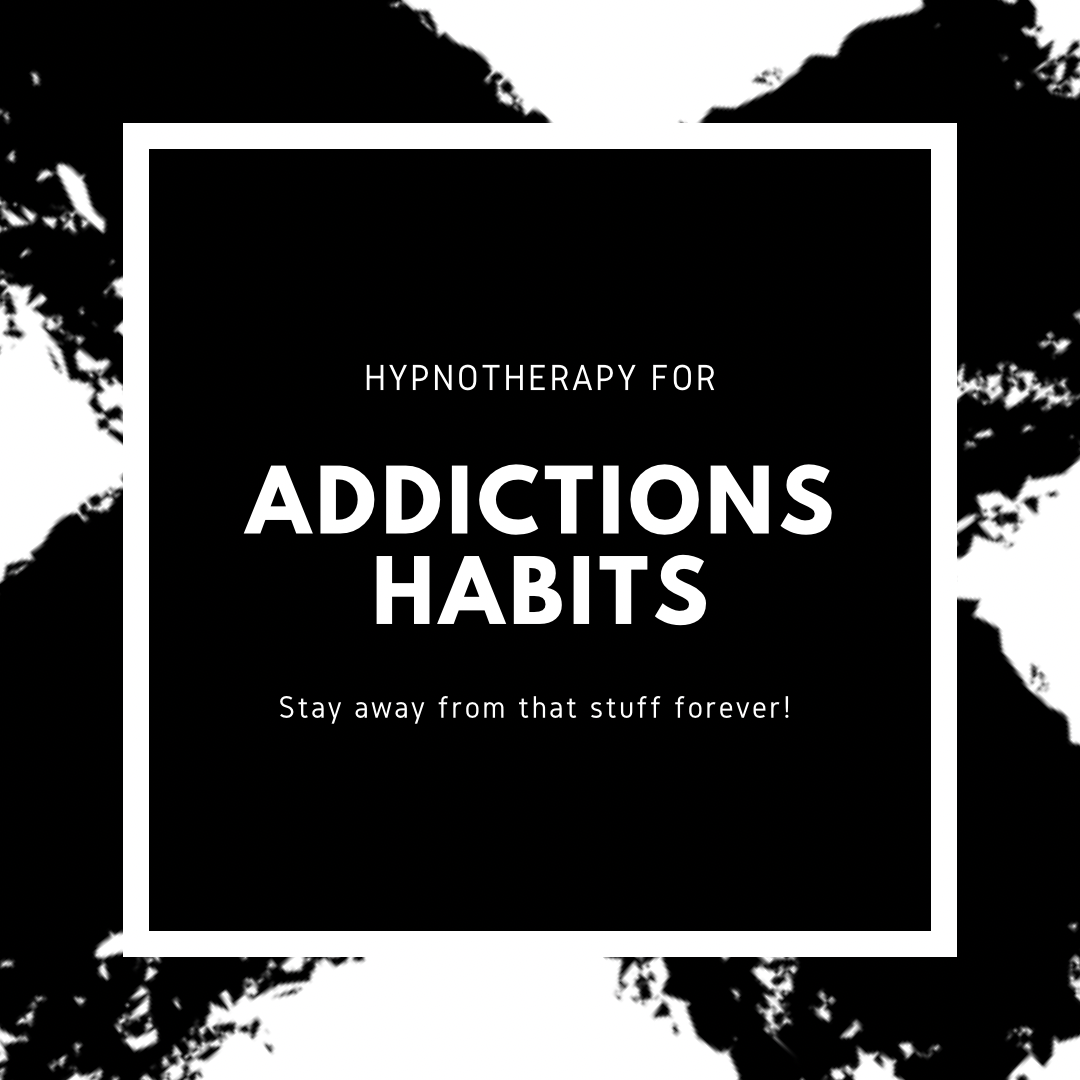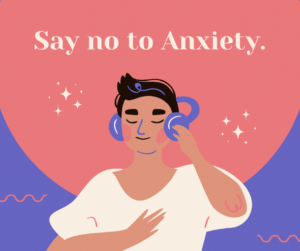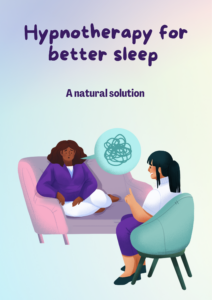Addictions and habits can be incredibly challenging to overcome. Whether it’s smoking, overeating, gambling, or substance abuse, these behaviours can significantly impact one’s health, relationships, and overall quality of life. Traditional treatments like counselling, medication, and support groups are often effective, but many people are turning to hypnotherapy as a complementary or alternative solution. This blog explores how hypnotherapy at Home – Mind Coaching (ourmindcoaching.com) can help break the cycle of addictions and habits, backed by scientific evidence and real-life success stories.
Understanding Addictions and Habits
Addictions are compulsive behaviours driven by the need to fulfil a craving, despite knowing the negative consequences. They often involve substance use, such as drugs or alcohol, but can also include behaviours like gambling or internet addiction. Habits, on the other hand, are routine behaviours performed regularly, often unconsciously. While not all habits are harmful, some, like smoking or nail-biting, can negatively impact health and well-being.
What is Hypnotherapy?
Hypnotherapy is a therapeutic technique that uses hypnosis to create a state of focused attention, deep relaxation, and heightened suggestibility. In this state, individuals are more open to suggestions, which can help change negative behaviours and thought patterns. A trained hypnotherapist guides the process, helping individuals address the root causes of their addictions or habits.
The Science Behind Hypnotherapy for Addictions and Habits
Research supports the effectiveness of hypnotherapy in treating addictions and habits. Studies published in the “International Journal of Clinical and Experimental Hypnosis” and the “American Journal of Clinical Hypnosis” have shown that hypnotherapy can significantly reduce cravings and improve treatment outcomes for various addictions and habits.
Hypnotherapy works by accessing the subconscious mind, where deeply ingrained behaviours and beliefs reside. During hypnosis, the therapist can help reframe these behaviours and beliefs, making it easier for individuals to break free from their addictions or habits. Techniques such as visualization, positive suggestions, and regression therapy are commonly used to address the underlying issues driving the behaviour.
Benefits of Hypnotherapy for Addictions and Habits
- Non-Invasive and Drug-Free: Hypnotherapy is a natural treatment that does not involve medications, making it a safe option with no side effects.
- Long-Lasting Effects: By addressing the root cause of the addiction or habit in the subconscious mind, hypnotherapy can lead to lasting changes.
- Reduced Cravings: Hypnotherapy can help reduce the intensity and frequency of cravings, making it easier to resist the urge to engage in the addictive behavior.
- Improved Mental Health: Hypnotherapy can also help reduce anxiety, depression, and stress, which are often associated with addictions and habits.
- Personalized Treatment: Hypnotherapy sessions are tailored to the individual’s specific addictions or habits, ensuring a personalized approach.
More information can be read here from the NHS England: Hypnotherapy – NHS (www.nhs.uk)
How Hypnotherapy Works for Addictions and Habits
During an online hypnotherapy session or face to session with the hypnotherapy teesside therapist, a session begins by discussing the individual’s specific issues and goals. The therapist then guides the individual into a state of deep relaxation using techniques such as progressive muscle relaxation, deep breathing, and guided imagery. Once in this state, the therapist can use various techniques to address the addiction or habit:
- Visualization: Encouraging the individual to visualize themselves free from the addiction or habit, creating positive mental associations.
- Positive Suggestions: Providing affirmations and positive suggestions to reframe the behaviour and build confidence in the individual’s ability to overcome the addiction or habit.
- Regression Therapy: Exploring past experiences that may have contributed to the development of the addiction or habit, and re-framing these experiences in a more positive light.
- Desensitization: Gradually exposing the individual to triggers associated with the addiction or habit in a controlled and safe manner, helping them build tolerance and reduce the urge to engage in the behaviour.
Real-Life Success Stories
Many individuals have successfully overcome their addictions and habits through hypnotherapy. For example, John, a 45-year-old accountant, struggled with a smoking addiction for over 20 years. After trying various methods with limited success, he turned to hypnotherapy. Within a few sessions, John noticed a significant reduction in his cravings and eventually quit smoking altogether.
Similarly, Emily, a 30-year-old teacher, had a compulsive habit of nail-biting that affected her self-esteem and confidence. Hypnotherapy helped her address the underlying anxiety driving the behaviour, and she was able to break the habit within a few weeks.
Choosing the Right Hypnotherapist
Selecting a qualified and experienced hypnotherapist is crucial for achieving successful outcomes. Look for therapists who are certified by reputable organizations such as the American Society of Clinical Hypnosis (ASCH) or the British Society of Clinical Hypnosis (BSCH). Reading reviews and testimonials can also provide insights into the therapist’s track record and client satisfaction.
Conclusion
Addictions and habits can be incredibly challenging to overcome, but hypnotherapy offers a compelling alternative or complementary solution. By accessing the subconscious mind, hypnotherapy can help individuals reframe negative behaviours, reduce cravings, and improve overall well-being. If you or a loved one struggles with an addiction or habit, hypnotherapy might be the key to unlocking a healthier, more balanced life. Always consult with a healthcare professional before starting any new treatment to ensure it is the right choice for you.
Additional Tips for Overcoming Addictions and Habits
- Set Clear Goals: Clearly define what you want to achieve and set realistic, measurable goals.
- Seek Support: Surround yourself with supportive friends, family, or join support groups to stay motivated.
- Develop Healthy Coping Mechanisms: Find healthy ways to cope with stress and emotions, such as exercise, meditation, or hobbies.
- Stay Committed: Consistency is key. Stay committed to your hypnotherapy sessions and practice the techniques learned.
- Celebrate Progress: Celebrate small victories and milestones along the way to stay motivated and positive.





